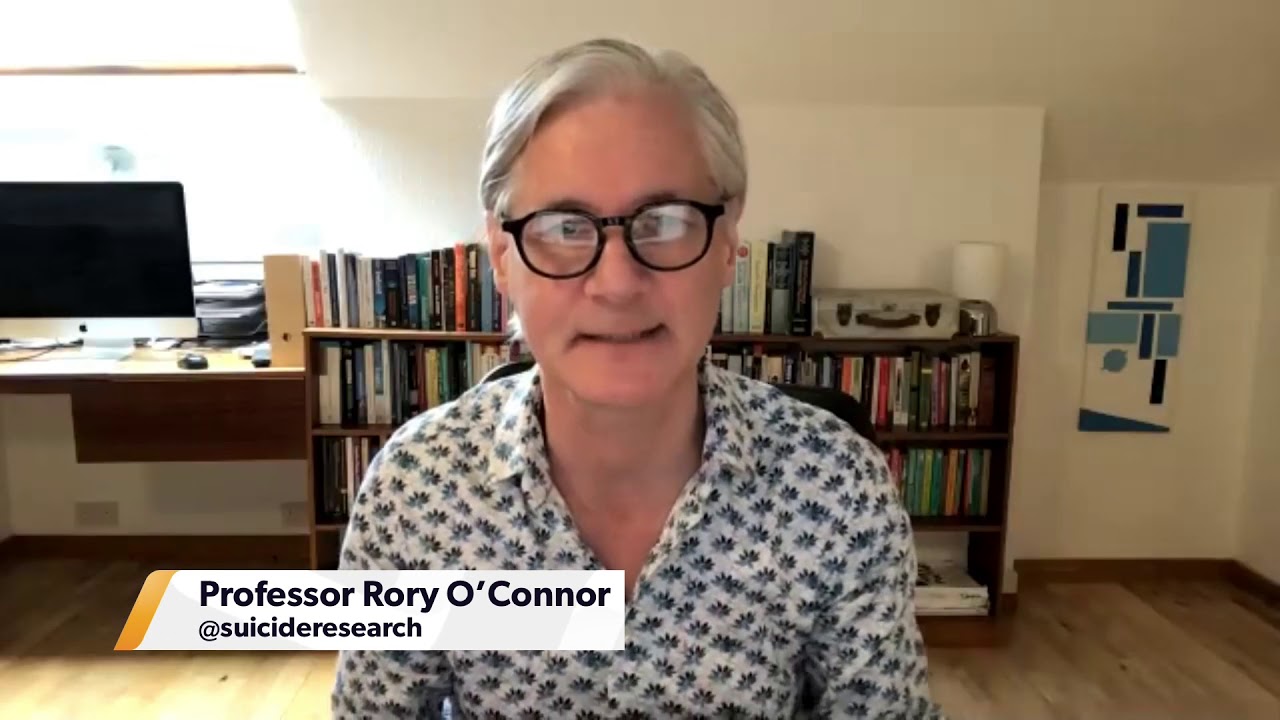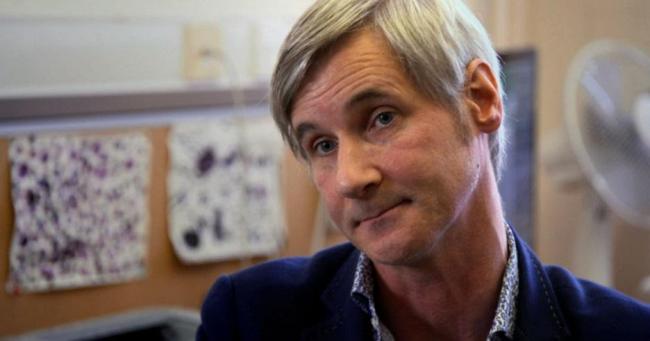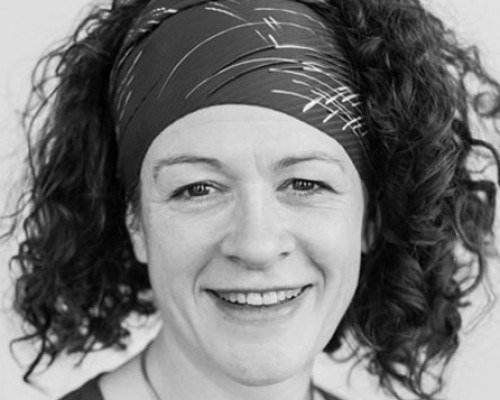Petr Slovak: Protective factor boosting, ... #petr
Petr Slovak has degrees in both psychology and computer science; and uses both as illustrated by a list of his publications found by Google Scholar.Siobhan Lynch: positive effects on education
 First up, Siobhan Lynch has done important work on Mindfulness training and
its direct educational (besides well-being) benefits for learners. I have
another whole sketchy page on this.
First up, Siobhan Lynch has done important work on Mindfulness training and
its direct educational (besides well-being) benefits for learners. I have
another whole sketchy page on this.
Rohan Gunatillake: Mindfulness, designing apps, and more #rohan
Naomi Clark: Mindfulness #nclark
Mindfulness scholar.Planning for calm
Some (more) people
 #cmcc
First and most important is
Claire McCallum
(dcs page).
(SocSci page).
She started (Sept. 2014) a PhD funded for this area. Naturally it is
fundamentally interdisciplinary.
#cmcc
First and most important is
Claire McCallum
(dcs page).
(SocSci page).
She started (Sept. 2014) a PhD funded for this area. Naturally it is
fundamentally interdisciplinary.
 Lucy Gunatillake worked on
Ginsberg in the past.
She has just completed an MSc project, which I supervised, on whether people's
feelings for their personal device affect how effective mHealth-related apps
on it are. (Yes, they can. App designers need to take this into account.)
Lucy Gunatillake worked on
Ginsberg in the past.
She has just completed an MSc project, which I supervised, on whether people's
feelings for their personal device affect how effective mHealth-related apps
on it are. (Yes, they can. App designers need to take this into account.)
Cara Wilson (←) has just completed
an MSc project (which I supervised) that showed that an app delivering CBT
(Cognitive Behavioural Therapy) with proven effectiveness for patients also
significantly increases well-being in non-clinical users.
![]() She is now moving to postgraduate work at
QUT
(Queensland University of Technology, Brisbane, Queensland, Australia) with
Margot
Brereton (→);
although she is interested in staying in touch.
(Requests for the report to: carawilson21 AT gmail.com)
She is now moving to postgraduate work at
QUT
(Queensland University of Technology, Brisbane, Queensland, Australia) with
Margot
Brereton (→);
although she is interested in staying in touch.
(Requests for the report to: carawilson21 AT gmail.com)
 Joe Clarke did an MSc project (which I supervised) on actual student use
of a mindfulness app, and subsequently got it published:
Joe Clarke did an MSc project (which I supervised) on actual student use
of a mindfulness app, and subsequently got it published:
Joseph Clarke & Steve Draper (2020) "Intermittent mindfulness practice can be beneficial, and daily practice can be harmful. An in depth, mixed methods study of the Calm app's (mostly positive) effects" Internet Interventions Vol.19, 100293 doi: 10.1016/j.invent.2019.100293
This study showed that:
- The app "Calm" produced definite benefits (most mindfulness apps have no published tests on their benefits);
- Intermittent practice was effective, contrary to the advice of almost all academic studies which assert without evidence that regular practice for at least 8 weeks is the only approach to consider, and so ignore the most common practice at least amongst students;
- Some participants report negative effects, which few studies look for and so do not report (in contrast to almost all other medical studies).
He has recently been working on the topic of suicide interventions; and has
been accepted for a clinical psychology doctorate at Exeter University.
Mel McKendrick lives in Glasgow, works in Edinburgh.
Her main connection to this page is that in the past, she founded and ran a
support group for the families of the mentally ill, and started research in
this area before switching PhD topics.
Action
on depression.
In this mHealth area, there are two:
Both these are even safer than aspirin, penicillin and valium; and are
continually being shown to be effective for ever more different problems.
Consequently, they are more and more attractive to employ:
If they don't do you good for one thing, they will for another.
This of course is a relevant perspective for framing projects and contains
the crucial distinction between a project on the user interface's issues
and one on the end effect on users.
Web site logical path:
[www.psy.gla.ac.uk]
[~steve]
[myNewWave]
[this page]
 Mark Charters has experience with mental health first aid
(and shares an office with a mad woman, or so she says).
Mark Charters has experience with mental health first aid
(and shares an office with a mad woman, or so she says).
Academic subjects
There is not a single discipline for this area. Here are a few academic areas,
each with their own angle on it, which you could check out. For these, you can
follow links to people or sites to explore further.
Computer Science (gadgets for this area)
John Rooksby.
Blog
Eurofit project (Social
innovation to improve physical activity and sedentary behaviour through elite
European football. His part is about the app.s)
Digital health, CSCW, mobile technologies, ...
 Mark Dunlop
papers
Mark Dunlop
papers
 Matthew Chalmers
papers
Matthew Chalmers
papers
Well-being, Positive Psychology, and the Institute for Health and
Well-being

 Carol Craig's
Centre for
confidence and well-being in Glasgow
Carol Craig's
Centre for
confidence and well-being in Glasgow


Video
Phil Hanlon's
Society, Health,
and well-being "Afternow" website
Starter video
Papers

 Esther Papies
works the School of Psychology, in the field of Health Psychology,
particularly in connection with cognitions around eating behaviour.
Her Healthy Cognition Lab.
Esther Papies
works the School of Psychology, in the field of Health Psychology,
particularly in connection with cognitions around eating behaviour.
Her Healthy Cognition Lab.
Positive psychology; and academic courses on it
Positive psychology is a (or is a wannabe) sub-area of academic psychology.
There are a few university courses on it (and doubtless more arriving).
Medicine
 Chris Williams.
His websites:
Five Areas ltd.
Living life to the full
Chris Williams.
His websites:
Five Areas ltd.
Living life to the full
 Michael Smith
profile 2
Michael Smith
profile 2



Mental health and wellbeing research group
Suicidal behaviour research lab
His Integrated Motivational-Volitional (IMV) Model of Suicidal Behaviour
His 11 minute video introducing the IMV model.
The staple cures.
Forty years ago, a friend of mine training to be a GP remarked that all
he really needed to know about was:
Aspirin, Penicillin, and Valium. These were interventions that were
effective, and each addressed a wide range of common problems.
NHS, university services, volunteer organisations
The NHS, university services, volunteer organisations etc.
have not been slow in starting to look at this area .... Titles: possible titles for this area and web page
Public approaches to well-being
Mental improvement for all
New mass approaches to health and well-being
The nameless area
Mass strategies for coping
Mind improvements (solo and social; medical and hobbyist; community and
professional)
New tactics for mass health
Mass, mobile, mental well-being.
Misc. links: still to be placed somewhere in the above sections
However it compared GP treatment for depression with that plus one of two
CCBT apps: so it doesn't address the effectiveness of an app alone which might
save resources by not involving a qualified human in the treatment.
It also doesn't show any preference by patients for a human contact, since all
had to use the human contact.
Gilbody,S. et al. (2015) "Computerised cognitive behaviour therapy (cCBT) as
treatment for depression in primary care (REEACT trial): large scale pragmatic
randomised controlled trial"
BMJ doi: http://dx.doi.org/10.1136/bmj.h5627
See also her new book:
Reclaiming Conversation Sherry Turkle (2015) (Penguin Press)
review / interview
'To get to this point, independent trials will be needed to establish the
efficiency of each one. "We need to know what the benefits are of the apps and
devices," says Lowe, who wants an app-testing equivalent to the randomised
clinical trials used to assess drugs.'
[ignoring the writer's mistake, where she meant 'efficacy']
Student projects contributing
 Amy McDonald is the chief person in
Headtorch: e-learning training
for improving attitudes and behaviour at work towards mental health.
Amy McDonald is the chief person in
Headtorch: e-learning training
for improving attitudes and behaviour at work towards mental health.
Horizontal menus
More refs: to ESRC, EPSRC programmes, more NHS ...
[Top of this page]







